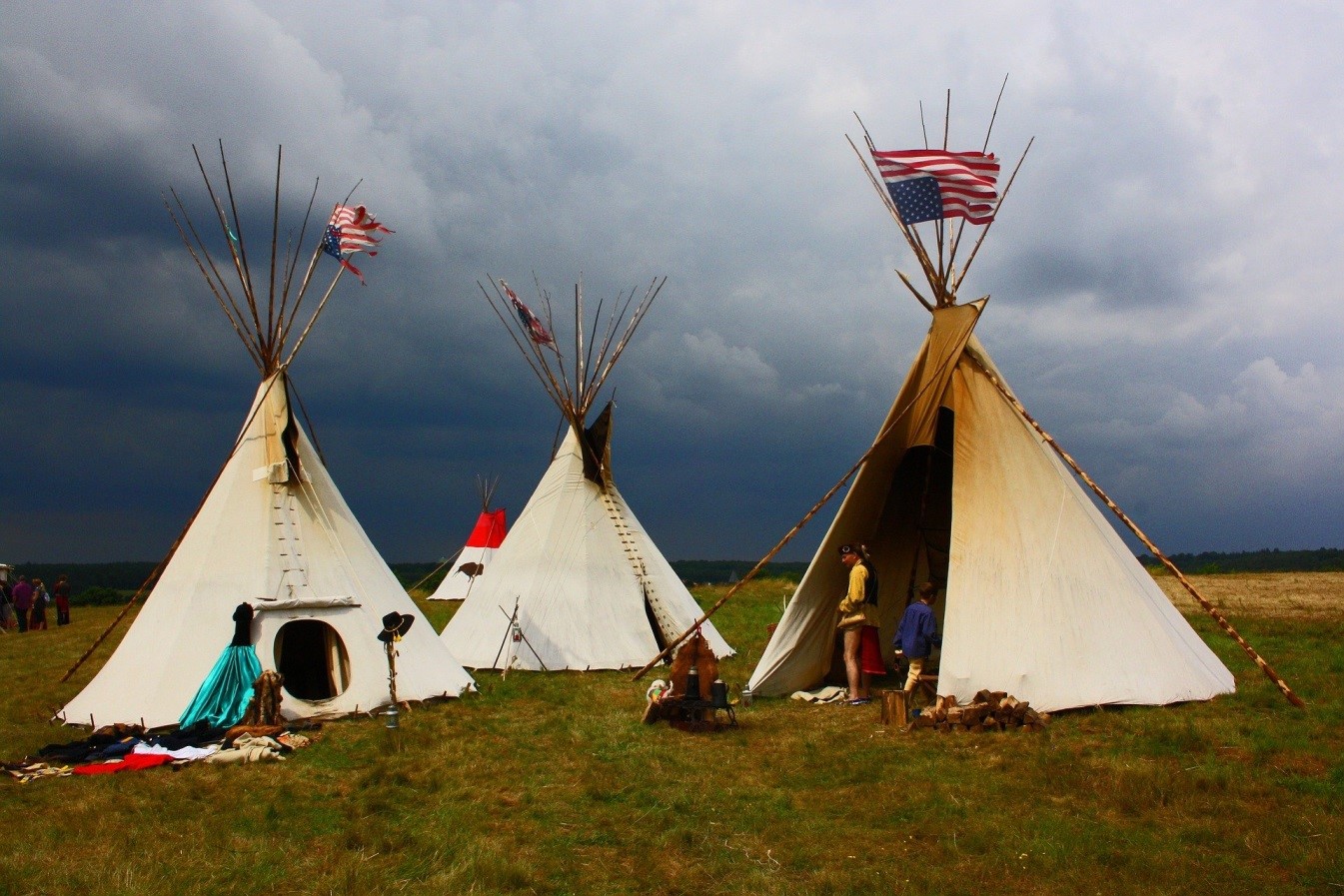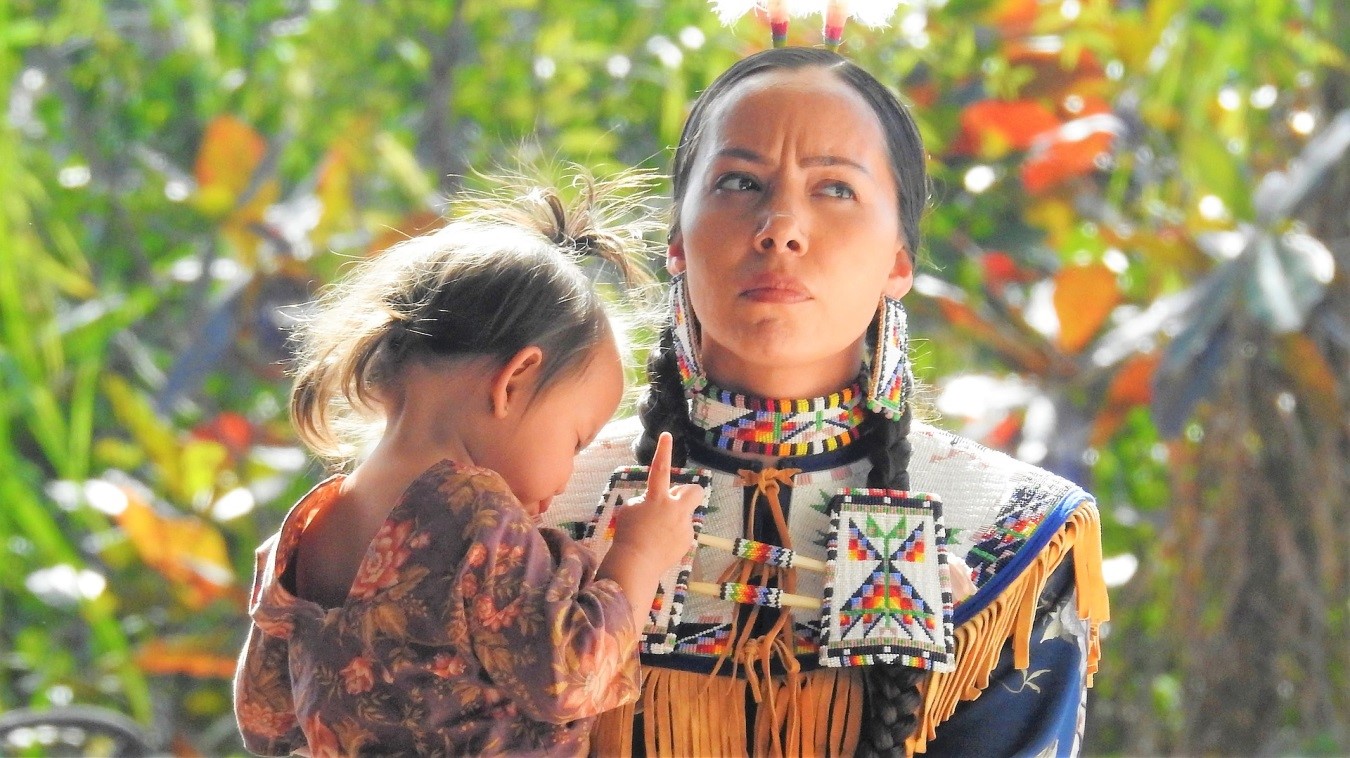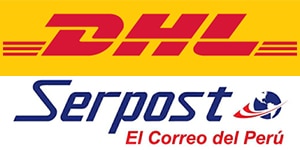The resolution to celebrate Native American Heritage Day annually was signed in 2009 by then-President Barack Obama. With the full backing of the Senate and the House of Representatives, it decreed its celebration every fourth Friday in November, after Thanksgiving.
It is a day that political leaders take advantage of to recognize the contributions of Native Americans to the country. To vindicate their condition as primeval inhabitants of the United States, even before it existed, and their undeniable role in its construction
Native American Heritage Day as a platform for the indigenous cause
The Native American community is made up of about 5 million inhabitants throughout the United States. 23% are concentrated in indigenous reservations and, of the rest, the majority live in California and New York. The enactment of the Native American Heritage Day is just a small step in recognizing the indigenous presence in the country.

The relevant historical fact is the recognition, in July 2018, of 573 tribes of Alaska, as indigenous nations. In an unprecedented decision, the Federal Government granted them the status of sovereign federal nations.
The decision was accompanied by the taking into trust of the territories involved, to be assigned to each nation. This guarantees them relative autonomy under the tutelage of the Federal State, so that the citizens of these nations are also US citizens.
It should be noted, however, that this measure has not influenced the quality of life of the indigenous people. Currently its poverty rate is estimated at 27%, with a high unemployment rate. This situation worsened this year, with the withdrawal of funds for social programs, agriculture, housing and urban development in indigenous communities.
This affects compliance with food aid programs, financing for snow removal in reserves, payment to personnel who work in indigenous medicine clinics, among others. An estimated 90,000 Native Americans benefited from the aid from these funds. Ultimately, celebrating a Native American Heritage Day doesn’t make a big difference.
Importance of Native American culture
Although not as well known as Thanksgiving or Black Friday, Native American Heritage Day has a special meaning. Those who have closely followed the indigenous cause, assume this provision as a beginning in the vindication of the original peoples of the United States.

The cultural legacy of Native American peoples is rich. Their ancestral wisdom, resilience, strength and ability to reinvent themselves in adverse conditions are an example and a point of reference for the entire nation. Among the values that indigenous culture has bequeathed to the United States, the following may be mentioned:
· Communion with the environment
The indigenous worldview is based on the conception that we are “one with everything.” We are part of the trees, the earth, the animals, and by harming them, we are harming ourselves. The native peoples have risen as the guardians of the environment and its inhabitants, transmitting their teachings to their descendants and to anyone who needs it.
The indigenous people have discovered the way to manage the soil and its resources better than anyone, because they listen to it, they are part of it. That’s why Native American Heritage Day is more than just a day. Native Americans are there every day to take care of their environment, fauna and flora, making them produce without exploiting or consuming them totally. Their empathic nature ties them firmly to the ground.
· Health and nature
We are talking about an extensive body of very old knowledge, transmitted from generation to generation. This stems from a religious posture and mystical connection with nature, the result of which is a proven effective alternative medicine, accompanied by healing rituals.
It is not a secret that many of its products and recipes have been used by conventional medicine, saturating them with chemicals and denaturing their properties. Thus, people acquire herbal drugs whose original use is simpler, healthier and cheaper.
The Native American proposal to be healthy is simple: all the answers are in plants. Antibiotics, analgesics, anti-inflammatories, antifungals, in short, all ills can be treated with natural medicine. If indigenous people have survived normally hostile conditions for centuries using these products, why not us?
· Take only what is necessary from the earth
Indigenous peoples have historically been characterized by a respectful relationship with “Mother Earth”. It is not only about extracting what is necessary to live, but about using crops and agricultural techniques that do not deteriorate the soil. Multiple items such as corn, potatoes, cassava, sweet potato, cocoa, chili, beans, tomato, pineapple, and sunflower, are planted using the ideal cultivation techniques.
Their ancestral heritage allows them to recognize the needs of the soil to obtain products of the best quality at a low environmental cost. The foods grown by the natives are especially nutritious and their techniques, resilient to climate change. It is a successful proposal for a sustainable economy. The essential thing is to interact harmoniously with nature.
In this context, as fans of healthy eating and medical practices, at Andean Natural we are committed to supporting sustainable agriculture practices. We recognize the heritage of Native Americans as transmitters of ancient knowledge that can help humanity expand its limited food base.
Like Native Americans, we know the high nutritional value of crops like maca or purple corn. Therefore, we believe that beyond commemorating a Native American Heritage Day, the important thing is to understand, promote and respect their lifestyle. There are many lessons that indigenous peoples can transfer to us if we finally give them the opportunity.





